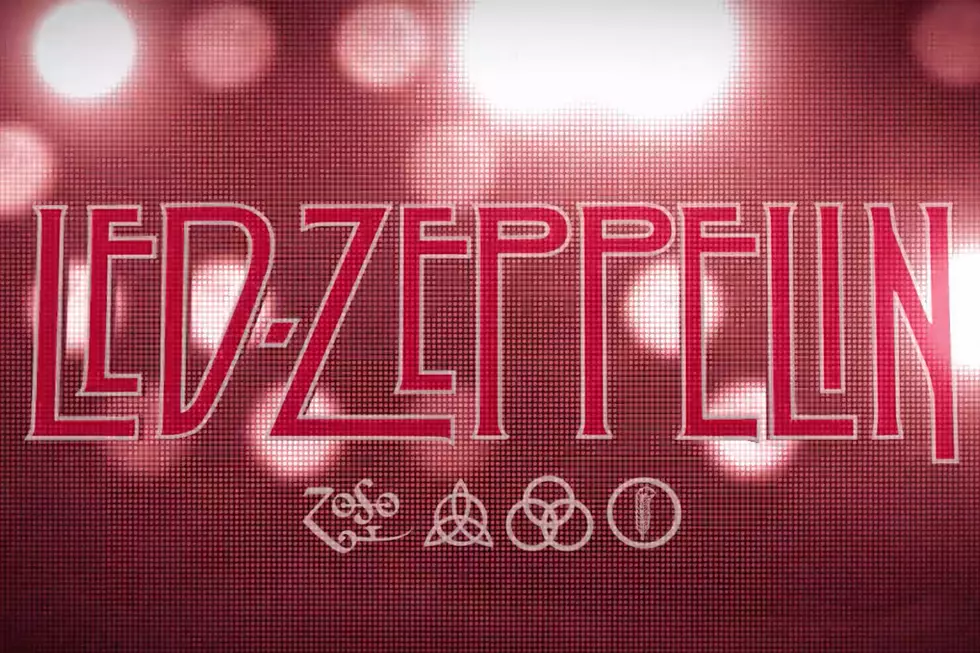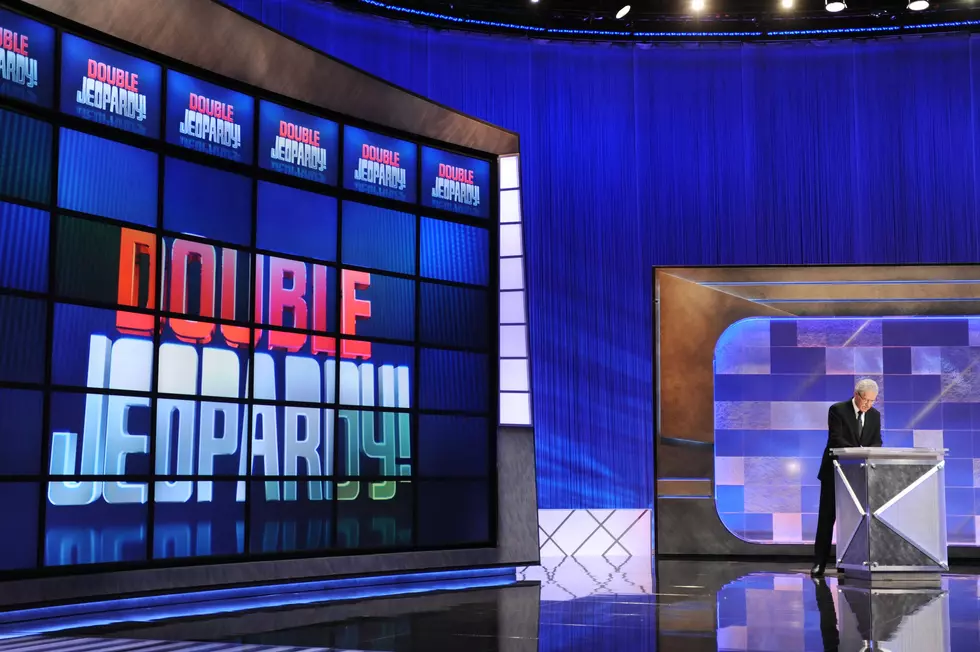
How Rush Paved the Way for Bob and Doug McKenzie’s Hit Comedy LP
Nothing about Bob and Doug McKenzie's success was typical.

The duo's unlikely rise began in the early '80s with their "Great White North" sketches tucked into SCTV's weekly television show. After audiences in both Canada and the U.S. unexpectedly took to the offbeat characters created by Rick Moranis and Dave Thomas, a window of opportunity opened into their next logical career step: their debut record, 1981's The Great White North.
Propelled by Rush's success, Canada's Anthem Records was riding high early in the decade. Coincidentally, the label's marketing and promotion director, Perry Goldberg — a childhood friend of Moranis — saw the duo live in Edmonton, Alberta while he was on a promo tour with comedian Dave Thomas' musician brother, Ian.
Goldberg said the idea of a comedy album was a "lightbulb" moment that he brought to Ray Danniels, Anthem's head honcho and Rush's manager, upon his return to Toronto.
“I was really excited with the idea, but I knew Ray’s focus at the time was the launch of [Rush's] Moving Pictures," Goldberg told FYI Music News.
Asked to estimate the cost of the McKenzie brothers recording a comedy record for the label, Goldberg said he arbitrarily settled on a figure of $10,000, admitting he hadn't actually given it much prior consideration.
“Ray says to me, ‘OK, then you have a budget of exactly $10,000 to do the album with Bob and Doug. If it goes one penny over budget, that’s coming out of your salary. Do we have an understanding?,’" Goldberg recalled.
Working with the McKenzies on a record was an opportunity that Anthem A&R rep Pegi Cecconi knew the label couldn't turn down.
“I remember it was my decision to go with that one," she told FYI Music News in 2016. "It was 1981, and we were doing so well. I think the album budget came in at $35,000. I didn’t think it’d sell anything, but I said to Ray, ‘let’s do it, so I can hang out with Rick Moranis and Dave Thomas for a couple of weeks. We can afford it.' And the thing went f---in crazy. No one could have foreseen that."
With tracks like "The Beerhunter," "Doug's Mouth" and "Peter's Donuts," Bob and Doug used their established brand of casual, off-the-cuff humor to explore everyday, mundane topics.
Especially endearing was the brothers' timeless take on "The 12 Days of Christmas," in which beer, French toast, back bacon and golden toques are subbed in for partridges, turtle doves and golden rings.
However, the McKenzie brothers' biggest coup was landing Rush bassist-vocalist Geddy Lee for a cameo appearance on "Take Off." Somewhat ironically, the song ended up charting higher than any Rush single when it reached No. 16 on the Billboard Hot 100.
"That was so fun," Lee told the A.V. Club in 2015. "Rick Moranis and I went to school together when we were really little. For about six years in a row, we were in the same class. And then when he was getting involved in that whole Bob and Doug thing, and it was really starting to become successful, they wanted to do this sort of pop song, and they naturally thought of me, which was nice."
In a drastic change from Rush's attention to detail that defined their studio work, the spontaneous nature of the song was a key part in making it work.
"I went down to the studio and we put that together in 15 minutes or something. It was really just off-the-cuff," Lee said. "The producer said, 'Here’s the lyrics — have a go. The guys will be in a studio with you and you can just kibitz with them, and we’ll record everything.' And [Moranis and Dave Thomas] were in character, and I was singing with a toque on."
Once the album was completed, Danniels jetted south to New York City, where he met with PolyGram Records head Guenter Hensler to gauge the label's interest in releasing The Great White North Stateside. (At the time, PolyGram also served as Rush's label home outside of Canada.)
Danniels reportedly asked Hensler for a $50,000 record advance, but he instead ended up leaving the meeting with a more than respectable $35,000 handshake deal. Looking back on the record's unlikely success, Danniels said that had it not been for Goldberg’s original belief and vision in the project, it probably wouldn't have happened.
Remarkably, The Great White North would go on to triple-platinum status in Canada while also nabbing the 1982 Juno Award for Comedy Album of the Year.
Meanwhile, in the U.S., the album sold more than a half million units and reached No. 8 on the Billboard Top 200. The Great White North was nominated for the 1982 Comedy Album of the Year at the Grammy Awards but lost to Richard Pryor's Live on the Sunset Strip.
Rock's 60 Biggest 'Saturday Night Live' Moments
More From US 103.1 FM










